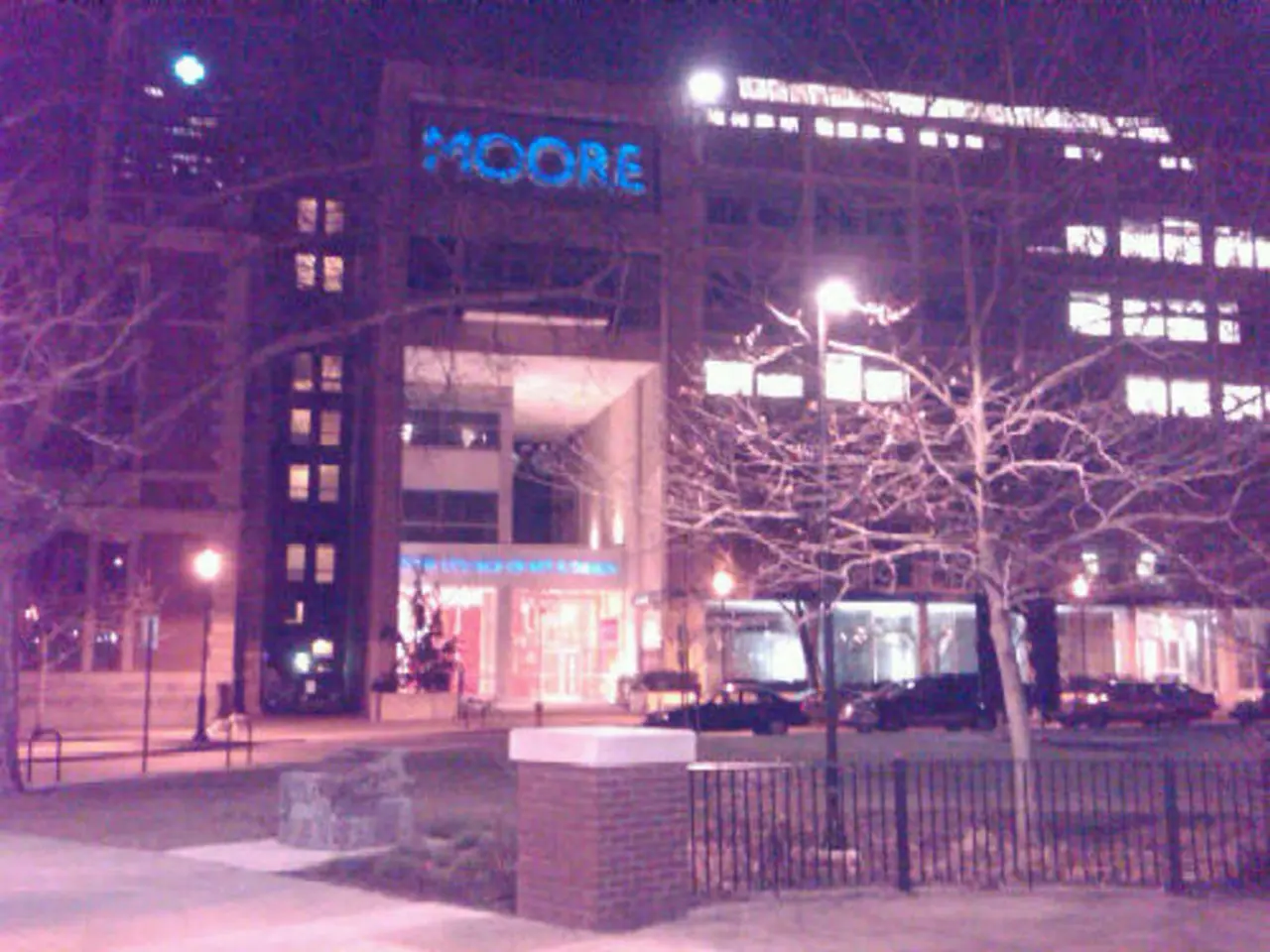Navigating U.S. healthcare for immigrants proves to be a baffling labyrinth with no guidance
In the diverse city of Clarkston, Georgia, a significant portion of its 14,000 East African residents and over 50% of its total population were born outside the United States. This multicultural community faces unique challenges in accessing healthcare, with systemic obstacles, language barriers, financial constraints, and a U.S. health system that often lacks cultural competence.
Ethnē Health, a primary care clinic, moved into the city in 2017 and opened a community clinic in 2018, specifically to serve its international population. The clinic's efforts are noteworthy, given the common struggle many immigrants and refugees face in accessing healthcare. Sheela Poya, a former refugee from Afghanistan who now works as a case manager at an Afghan refugee support organization, recalls her family's enduring severe dental pain for years with no access to affordable treatment.
Yusuf, a Somalian health care underwriter, stated that many refugees in Clarkston have experienced trauma from war, displacement, and loss. This trauma often complicates healthcare visits, making communication and treatment more challenging. A college student named Najwa from Sudan shared a story about her brother's dental care, involving missed opportunities and misinformation due to a translation error and cultural misconceptions.
Grace Village Medical Clinic, Mosaic Health Center, and Ethnē Health are community-led health care initiatives in Clarkston that aim to bridge these gaps and provide access to care for those facing financial hardship. However, these initiatives face their own challenges, such as proposed Medicaid cuts and uncertain funding for the community-focused Health Center Program. Ethnē Health's Contino expressed concerns about these potential changes, which could jeopardize care for vulnerable populations.
Across Clarkston, residents face additional barriers, such as translation errors leading to incorrect appointment details for families seeking specialized care. Organizations like the International Rescue Committee (IRC) and Refugee Family Services in Clarkston offer specific support for overcoming language barriers in healthcare. Doris Mukangu, Amani's founder and executive director, emphasized the need for creative solutions to connect with hard-to-reach communities.
Amani's sewing program has served over 100 participants from various countries, helping women achieve financial independence, earn a living wage, and open savings accounts. The Amani Women Center provides mental health support tailored to the cultural and linguistic needs of Clarkston's residents, including safe spaces, sister circles, community ambassador program, and sewing program for economic empowerment.
The language barrier makes health care visits more challenging for many residents in Clarkston, as they struggle to communicate their symptoms in English. A dentistry needs analysis on Clarkston conducted by Georgia State University's Prevention Research Center found that most community residents do not visit the dentist for preventive care, and children receive regular cleanings and checkups less frequently than adults.
Clarkston's leaders recognize that addressing the city's health care challenges requires trust, cultural understanding, and long-term solutions. Community health workers play a vital role in this effort. Somali Plaza, a hub for the East African community, is a testament to the power of community-led initiatives.
The Clarkston Health Equity Coalition (CHEC) was created to boost Covid vaccine uptake and has evolved into a citywide network tackling systemic health care disparities. Shekhey, founder of the Somali American Community Center, conducts informal mental health check-ins for those who cannot afford care or who are afraid to acknowledge mental health conditions. The rate of residents skipping medical care due to costs in Clarkston is almost double Georgia's overall percentage, which is the second-highest in the nation.
Despite these challenges, community-led initiatives like Ethnē Health, Grace Village Medical Clinic, Mosaic Health Center, and Amani are making a difference in Clarkston. They are providing much-needed healthcare services, breaking down language barriers, and empowering residents to take control of their health and wellbeing. As these initiatives continue to grow and evolve, they are helping to create a healthier, more equitable Clarkston for all its residents.
Read also:
- Peptide YY (PYY): Exploring its Role in Appetite Suppression, Intestinal Health, and Cognitive Links
- Toddler Health: Rotavirus Signs, Origins, and Potential Complications
- Digestive issues and heart discomfort: Root causes and associated health conditions
- House Infernos: Deadly Hazards Surpassing the Flames








